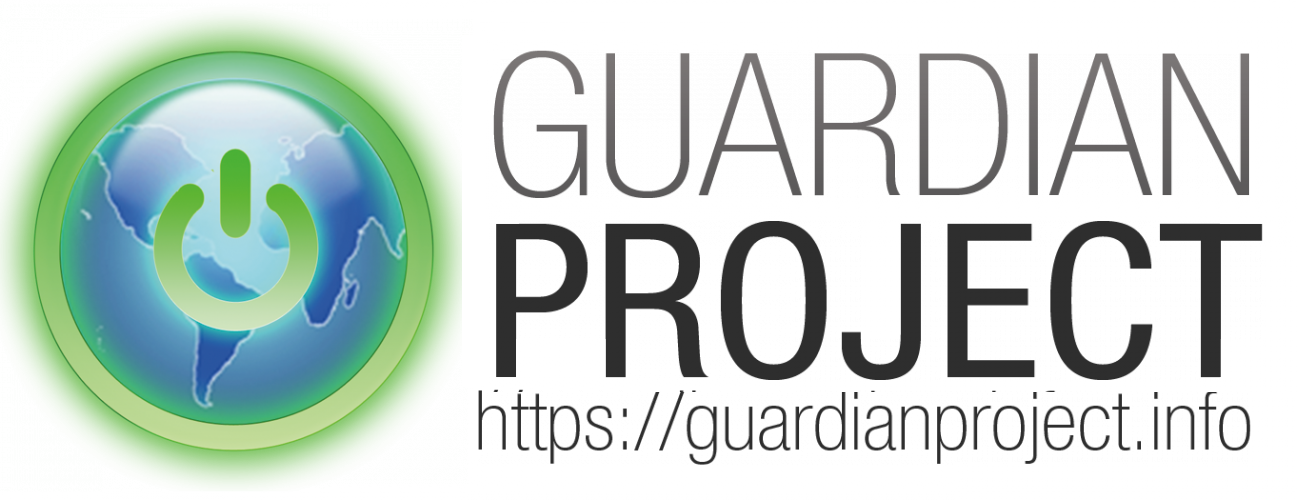
If you’re on Linux, there’s a good chance you use GNOME: it’s the default experience across Red Hat Enterprise Linux, Ubuntu, Debian, Fedora Workstation, Endless OS, and more. If you’re on another desktop, you still likely use components developed by GNOME contributors—or maybe you get apps from Flathub.
Want to become more than just a user? How about… a friend? 🥺 Become a Friend of GNOME to support GNOME, Flathub, and the work we do!
Today's digital #sovereignty data point, courtesy of #SWH2026. This chart shows who is hosting French research projects but I've no doubt it is representative of other sectors.
There are many ways that #WhatsApp could implement methods for getting users' messages while still using #EndToEndEncryption. The #mobile app could take a command to send messages to #Meta before they are encrypted (via an #E2EE channel still). This is why #FreeSoftware and #OpenSource are essential for #privacy. Anyone can then inspect what the app is actually doing. #Proprietary #software means blinding trusting the developer's claims.
https://www.pcmag.com/news/lawsuit-alleges-that-whatsapp-has-no-end-to-end-encryption
Hello Delta Chat,
@delta
From the start of the recent protests in Iran, following the experience of the 12-day war between Iran and Israel and the experiences of the Aban 1398 (2019) and 1401 (2022-2023) protests, we knew widespread internet disruptions were coming. Earlier, active members of the free software community had set up internal Delta Chat relay servers on tiiiz.ir.
Relying on that prior experience, we conducted practical user tests with general users to observe their interaction with the application.
The result was clear: Delta Chat was far simpler for everyday users to understand and had a more intuitive interface compared to platforms like Matrix.
That’s why, together with community members, we began producing educational content for Delta Chat. The goal was to prepare users as much as possible before Iran’s internet was completely severed and localized.
Elon Musk and X are once again proving why institutions should never rely on corporate-owned, centrally-controlled social media platforms to reach their people.
#AgeVerification is a hot topic right now. Societies around the world are asking for it because of real harms to children. Shady companies use it as a way to gather more data. Some are rallying against it to distract from their exploitation of vulnerable people.
I does not have to be that way. We can have real age verification without sacrificing #privacy. For example, #Phreeli uses #ZeroKnowledge payment verification. This same technique can be used for age verification https://www.phreeli.com/blog/DoubleBlindArmadillo
"The Dutch government has quietly removed #Google #tracking tools from job listings for its intelligence services over concerns that the data would expose aspirant spies to U.S. #surveillance," according to POLITICO.
"The intervention would put an end to Google’s processing of the data of job seekers interested in applying to #spy service jobs, after members of parliament in The Hague raised security concerns." 💥
15 years fly by like last week, when you're the package manager for #Android, but you feel the technical debt more and more.
What to do? Rip it out and start over? Improve bit by bit? RiiR?
Find out how #FDroid prepares for the next 15 here: https://f-droid.org/2025/11/24/an-experiment-in-automated-building-from-source-15-years-later.html
Big news! 🚨 More countries opt for #OpenSource to protect their digital sovereignty.
The Austrian Ministry for Economic Affairs migrates away from Microsoft 365 to a Nextcloud and LibreOffice solution. 💪
Read the story in @FOSSForce recent article:
If you are interested in becoming the strategic engine behind the EDIC’s long-term sustainability, in taking on a role that is both entrepreneurial and public-facing, and in working closely with international stakeholders, this is a unique opportunity to contribute to a European alliance that centers the public interest in the digital common.
Learn more about the role: https://www.sovereign.tech/jobs/digital-commons-edic-director
Applications must be submitted before Monday, 1 December 2025.
2/2
Help shape Europe’s Digital Commons — Open position for EDIC Director (F/M/X)
Last week, the European Commission announced the creation of the EDIC Digital Commons, a new initiative to support open, interoperable digital commons and strengthen digital sovereignty for 450 million Europeans.
The consortium is now hiring a Director to join the founding team and take the #EDICDigitalCommons into its next phase.
https://www.sovereign.tech/jobs/digital-commons-edic-director
#Google trips over its own words, when they sell you #Android it's the best computing device in the world that does everything. After you bought it Google doesn't let you do anything *you* want to.
#Sideload is a made-up term. Putting software on your computer is simply called “installing”, regardless of whether that computer is in your pocket or on your desk.
What Do You Talk About When You Talk About Sideloading?
What does Google?
Here's #FDroid: https://f-droid.org/2025/10/28/sideloading.html
🏛️ We have just arrived at @Curia!
💼 Today, our lawyer, Dr. Martin Husovec, will explain to the court why #DMA #interoperability should apply to #Apple in full extent!
👀 Stay tuned for updates! And if you need a quick recap of what's at stake for #FreeSoftware in this case, have a read here: https://fsfe.org/news/2025/news-20251015-01.en.html
Dear tech media, could we please stop using GrapheneOS as the judge on what's secure? I respect very much what GrapheneOS has built, but their stance that free software is not important to security is very short sighted. They literally are willing to call binary blobs secure because someone told them they are? They have no other standard to go on, since they can't inspect them.
https://www.theregister.com/2025/10/15/fsf_librphone_vs_proprietary_binary_blog/
When we say #OpenSource, we mean business. That's why ALL Tuta apps are published on @fdroidorg
While Google & Apple monitor all push notifications, your data is safe when choosing Tuta Mail. 🔒
➡️ Learn why Tuta Mail is the only email provider app on F-Droid: https://tuta.com/blog/open-source-email-fdroid
@matthew_d_green A lot of that discussion is currently happening in scope of the European Digital Identity Wallet (EUDIW) framework. Most people in these discussions are acutely aware of the far-reaching effects of all the associated nuances, with many of them remaining hard to predict. So we are pushing hard for the most privacy-preserving architecture we can come up with.
I'd love to hear your thoughts, e.g. on pseudonyms and the properties they should have: https://arxiv.org/abs/2510.05419v1
Free the last bits of "anything Android"?
My positive thought about this is that #PostmarketOS and #MobileLinux in general will profit from any public knowledge about hardware it could run on.
If I understood correctly the money for doing the work on the #Android blobs is donated by John Gilmore. His Money, his decision where to put it. And there is a positive effect, but there is also a negative one:
Android is based on ideas by #Google. To free it we'd need to fork it and adopt it to different ideals and goals. Android is designed to maximize the profit of Google.
It is not designed with the users well-being and interests as the primary goal.
Just replacing blobs in Android keeps the ecosystem the same, promotes Google and their goals and leaves the control over design decisions for Android in Googles hands.
Once a device is freed by hard work of a few engineers it will be old, it will be uninteresting for people looking at Android and the latest shiny hardware running it.
But still - Mobile Linux will make good use of those devices as free OSes in general do when it comes to hardware left behind by commercial OSes.
O Google nunca se quer vendeu um dos seus produtos bons (ex: Google Pixels, ou Chromecasts) no Brasil, mas está pronto para nos utilizar como cobaia para saber como uma sociedade como a nossa aceitará o bloqueio de instalação de software livre.
Envie uma mensagem pros seus deputados.
https://f-droid.org/pt_BR/2025/09/29/google-developer-registration-decree.html
Formal court orders? Subpoenas? Vague emails from law enforcement? Pings from regulatory bodies you never knew even existed? Oh, they all spell one thing: government requests!
Yes, #FDroid legal series continues, episode four.
What to do or not do when authorities come knocking: https://f-droid.org/2025/10/07/when-authorities-come-knocking-how-to-handle-requests-for-information.html
- home page
- https://guardianproject.info
- Liberapay
- https://liberapay.com/GuardianProject
People, apps and code you can trust




 🇺🇦
🇺🇦
